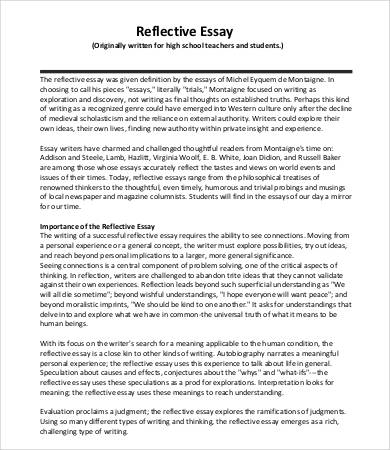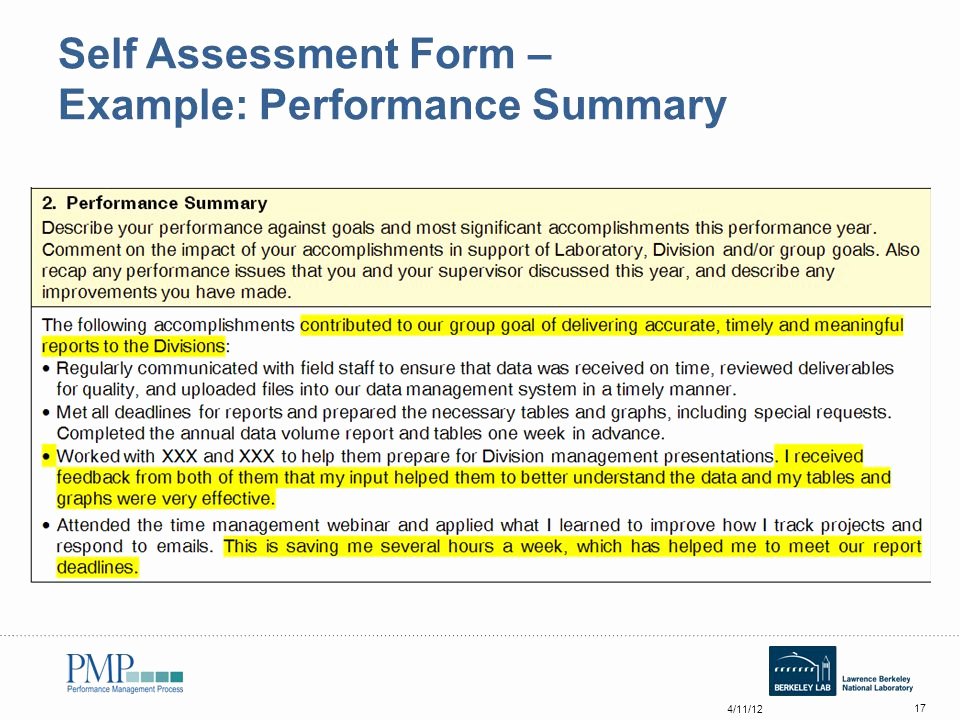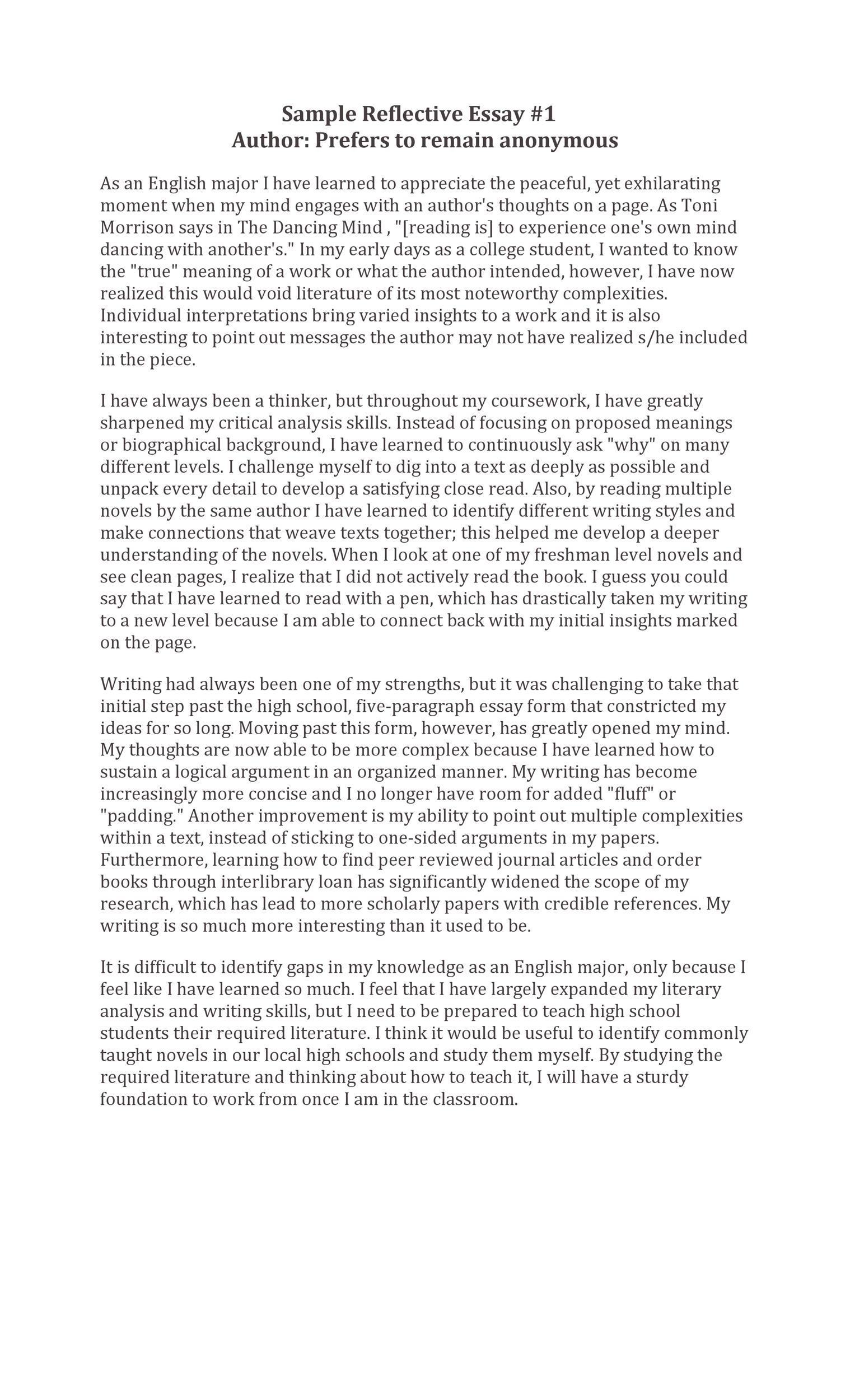

It puts the feedback into context and helps people understand why you’ve raised the subject. Whenever delivering constructive or critical feedback, explaining the impact of someone’s behavior is crucial. Here, it would be reasonable to ask the employee if they’re going through some difficulty or need help with their schedules - perhaps rearranging the meeting’s time or adjusting the workload would help them.

But if the employee is late for a meeting several times in a row, that could disrupt the meeting’s flow. You may ask yourself: “What do they mean by significant impact?” If someone is late for a meeting once, it’s not reasonable to take them aside and ask them to work on their time management skills.

And when you share positive feedback, you acknowledge impactful work. When issues are addressed with meaningful feedback, you give people the chance to learn and grow - fueling high employee performance. When delivered with empathy, employee feedback can boost morale and give people more confidence in their work. “Care personally don’t put people in boxes and leave them there.” ― Kim Scott in ‘Radical Candor: Be a Kick-Ass Boss Without Losing Your Humanity’

It shows investment in the other person’s progress, rather than a lack of concern for them and their actions. When delivered appropriately and with care, feedback is a gift. It takes time and energy to give someone useful feedback. Feedback shows you care about the receiver Meaningful feedback leads to trusting relationships, stronger teams, and a sense of psychological safety at work - all of which makes for a more humane (and potentially high-performing) company culture. When employees know they’ll receive timely (and helpful) feedback when they make a mistake, it’s easier to be on the same page. Feedback creates a climate of transparency & trust Feedback clarifies expectations, reveals learning opportunities, and can help people invest in the areas that will boost their career paths and take them where they want to be. Everyone has blind spots and development potential. Whether you’re a CEO or a new hire, it’s hard to get an accurate picture of your performance based on your own perspective. Feedback guides people in the right direction Feedback is fundamental to planning learning and development goals, and it brings coaching and enablement into the manager-report relationship. This way, people have a better feel for where they can improve and where they’re already excelling. Research shows that employees want to receive meaningful feedback. Your direct reports want to receive feedback In a culture that values continuous feedback, workers are 3.6 times more likely* to strongly agree that it motivates them to do outstanding work.īefore diving into our 27 employee feedback examples, let’s have a deeper look at the benefits of giving meaningful employee feedback. The most obvious time for feedback is performance reviews although we see reviews as critical for developing high-performing teams, they don’t happen often enough to be the only source of input. When a company enables its people with the input and support they need to thrive, innovation and engagement flourish - and so does the business. But things have changed, and forward-thinking organizations understand that meaningful, growth-oriented feedback benefits everyone. The culprits? Outdated management practices based on destructive feedback that isn’t helpful to anyone. The thought of feedback still makes many people uneasy. “Feedback isn’t about instructing or scolding: it’s about giving someone the information and tools they need to develop their strengths and get over their hurdles.” - Jenny von Podewils, co-founder and co-CEO at Leapsome


 0 kommentar(er)
0 kommentar(er)
